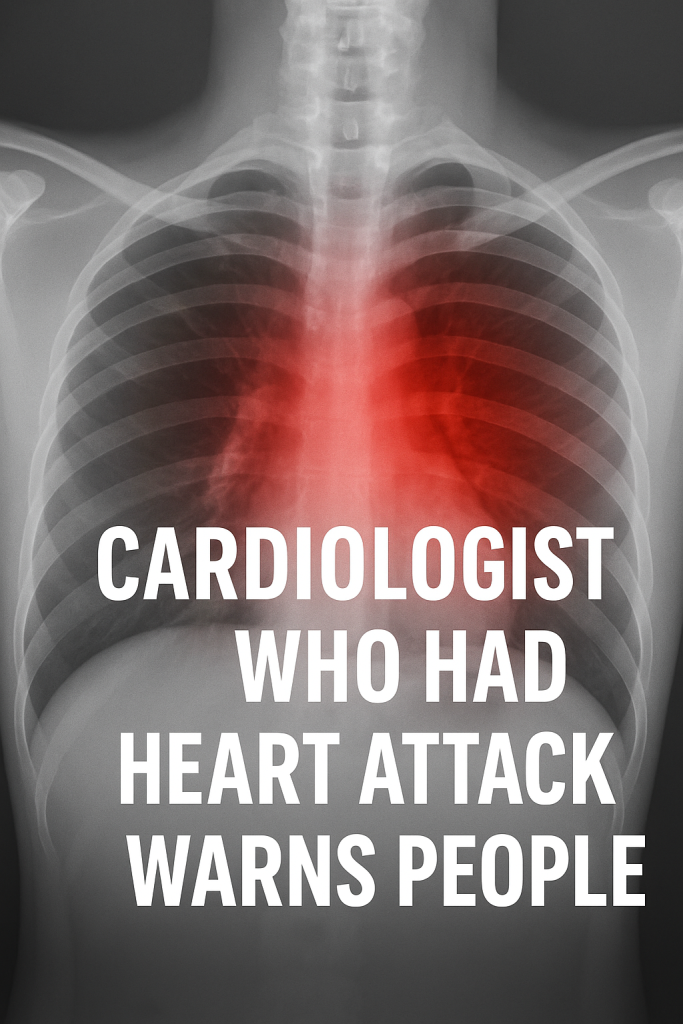Dr. Jonathan Reynolds, a leading cardiologist with over two decades of experience, has come forward with a powerful warning after surviving his own heart attack. His urgent message: many people, including medical professionals, often overlook a little-known yet crucial early symptom of heart attacks that could save lives if recognized promptly.
In early 2024, Dr. Reynolds experienced what he describes as a “life-altering event” when he suffered a heart attack despite being vigilant about his heart health. What makes his story particularly striking is that he initially dismissed subtle signs that did not fit the traditional profile of chest pain or shortness of breath—symptoms most commonly associated with heart attacks.
“I never expected to have a heart attack. As a cardiologist, I thought I knew all the warning signs. But what I felt was different — it was a persistent, uncomfortable feeling in my upper back and jaw, something that wouldn’t go away even with rest,” Dr. Reynolds shared. “I nearly made the critical mistake of ignoring it because it didn’t fit the textbook description.”
According to Dr. Reynolds, the symptom he experienced — often described as unusual discomfort or mild pain radiating to the neck, jaw, shoulder blades, or upper back — is frequently overlooked in both men and women. This “atypical presentation” does not commonly trigger immediate concern for a heart attack, especially in individuals without obvious risk factors.
Research from 2024 supports Dr. Reynolds’ observations. Recent studies have emphasized that relying solely on classic chest pain symptoms leaves a significant percentage of heart attack cases unrecognized or diagnosed late, particularly in women and younger adults. These atypical symptoms can precede a heart attack by hours or even days, offering a crucial window for diagnosis and treatment — if only patients and healthcare providers are aware.
Dr. Reynolds emphasizes the importance of public and professional education regarding these subtle warning signs. “Time is muscle when it comes to heart attacks. If you or someone you know experiences unexplained discomfort in the upper back, neck, or jaw that persists, especially accompanied by unexplained fatigue, nausea, or sweating, seek medical help immediately,” he urged.
His personal ordeal has fueled his new advocacy mission: to expand awareness of heart attack symptoms beyond the traditional chest pain narrative. Dr. Reynolds is working on a series of public health campaigns targeting both at-risk populations and healthcare professionals, aiming to reduce delayed diagnosis and improve outcomes.
Additionally, Dr. Reynolds encourages people to undergo regular heart health screenings even if they feel fine, highlighting how silent cardiovascular risk factors like high blood pressure, cholesterol, and diabetes can exist without obvious symptoms.
His survival story and candid advice resonate widely, especially in an era where cardiovascular disease remains the leading cause of death globally. Experts agree that educating the public about all potential heart attack symptoms—including the often ignored ones—can dramatically enhance early detection and save thousands of lives each year.
Dr. Reynolds’ message is clear: Don’t make the same mistake he almost did. Pay attention to your body’s signals and act quickly—it could make all the difference.



